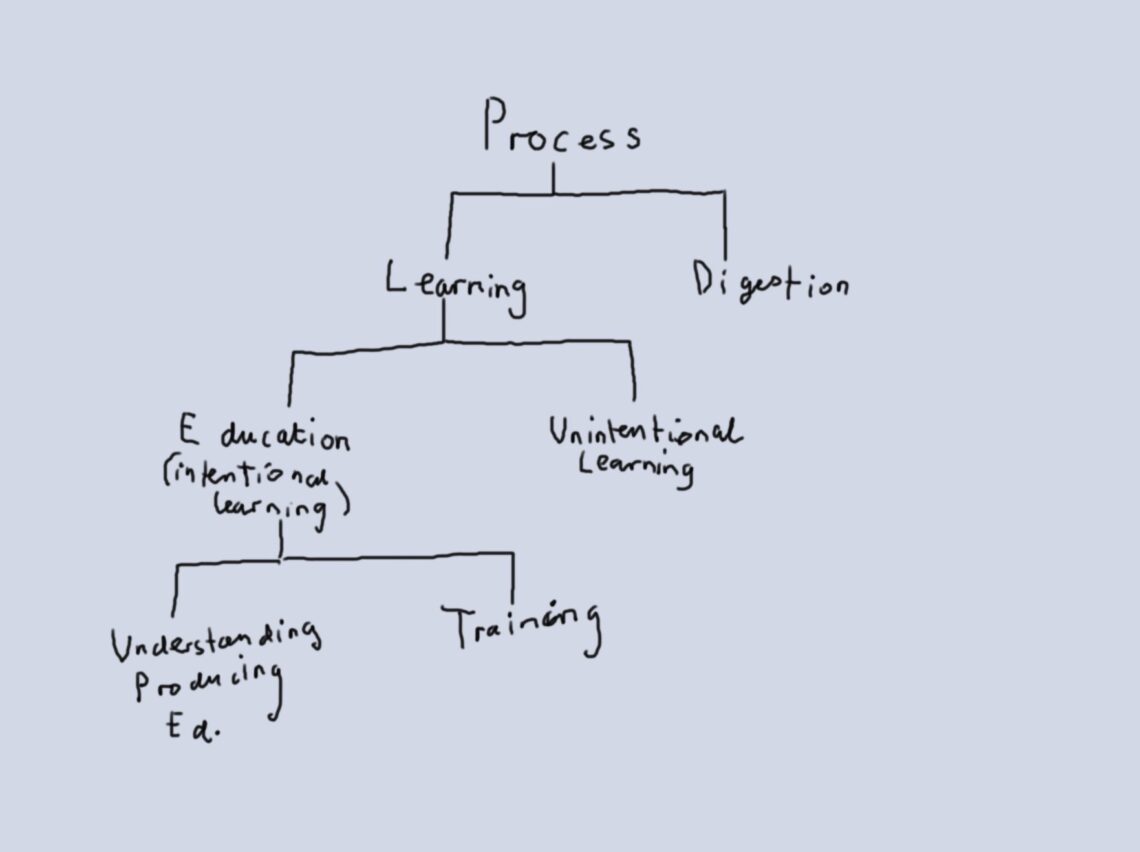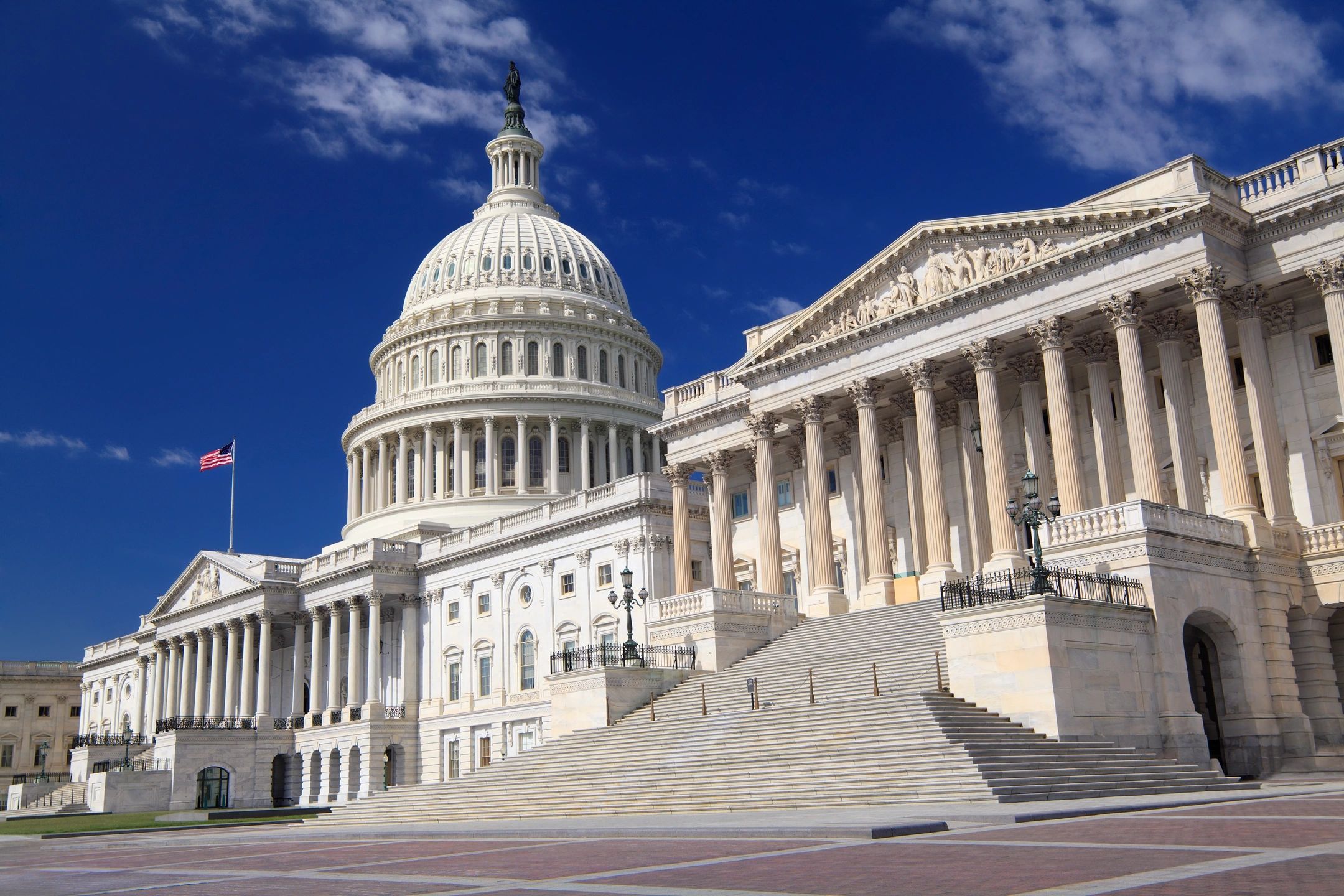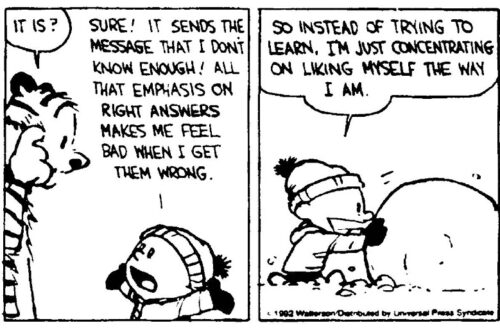I have started re-reading George R. Knight’s book, Philosophy and Education: An Introduction in Christian Perspective. I am reading it with a student from one of my classes. It is an excellent book. I wish you could all join our little group, so I thought I’d post some of our discussions for your reading pleasure.
In the first chapter, Knight analyses some key concepts in education – learning, education, and training. Here are his analyses in my own words based on what my student and I discussed:
If I burn my hand in the fire, I learn not to put my hand in the fire again. Learning like this happens in the broadest circumstances. Much of what we learn we pick up along the way, even when no one is seeking to teach us. Learning is a process the product of which is a change in behavior or a change in one’s disposition to behave in certain circumstances. I am supposing that behavior could include actions of the physical kind and of the mental kind (inferring one thing from another, for instance).
If my mother tells me not to put my hand in the fire because doing so will hurt me, I have not only learned not to put my hand in the fire. I have been educated about it. Education is a kind of learning that is done by controlling the outcome according to a given aim. My mother aims to teach me not to put my hand in the fire.
Education is an intentional activity. This feature causes professors to place ‘learning outcomes’ at the top of our syllabuses. We intend to take students somewhere and we try to clearly explain where that somewhere is. Of course, not all education takes place in a formal school setting. The school setting is the most intensive of all educational environments. Just about everything in a school is intentionally designed to achieve learning outcomes that have been deliberated over.
Training is a kind of education that requires no understanding. My mother can train me and our dog not to put our paws in the fire without the dog having the faintest idea about why fire burns, or how knowledge affects actions. Perhaps she shows us what happens when we do. She might also explain to me that hot things cause whatever is cold to warm up and that very hot things cause cold things to warm up very quickly, too quickly, in fact. Though both our dog and I might avoid fire, I understand something that my dog doesn’t. The dog has undergone training only. I have additionally understood something about the world.
The latter distinction, between gaining an understanding and being trained, is crucial in education. As a teacher, I aim to give students an understanding rather than merely a training. I want them to form beliefs on the basis of thinking through why one might believe them to be true. I don’t merely want to train them to be able to repeat what I say.
A re-education camp of the kind portrayed in movies like The Killing Fields is a kind of training-only education. “Repeat after me” “do this action!” “Believe this.” The 2+2=5 scene in George Orwell’s 1984 is another example of mere training. Just as my dog can be trained to avoid fire without knowing anything about it, a person can be trained to say certain things, think a certain way, and behave according to a set of rules without paying attention to whether those things are true or right or good.





